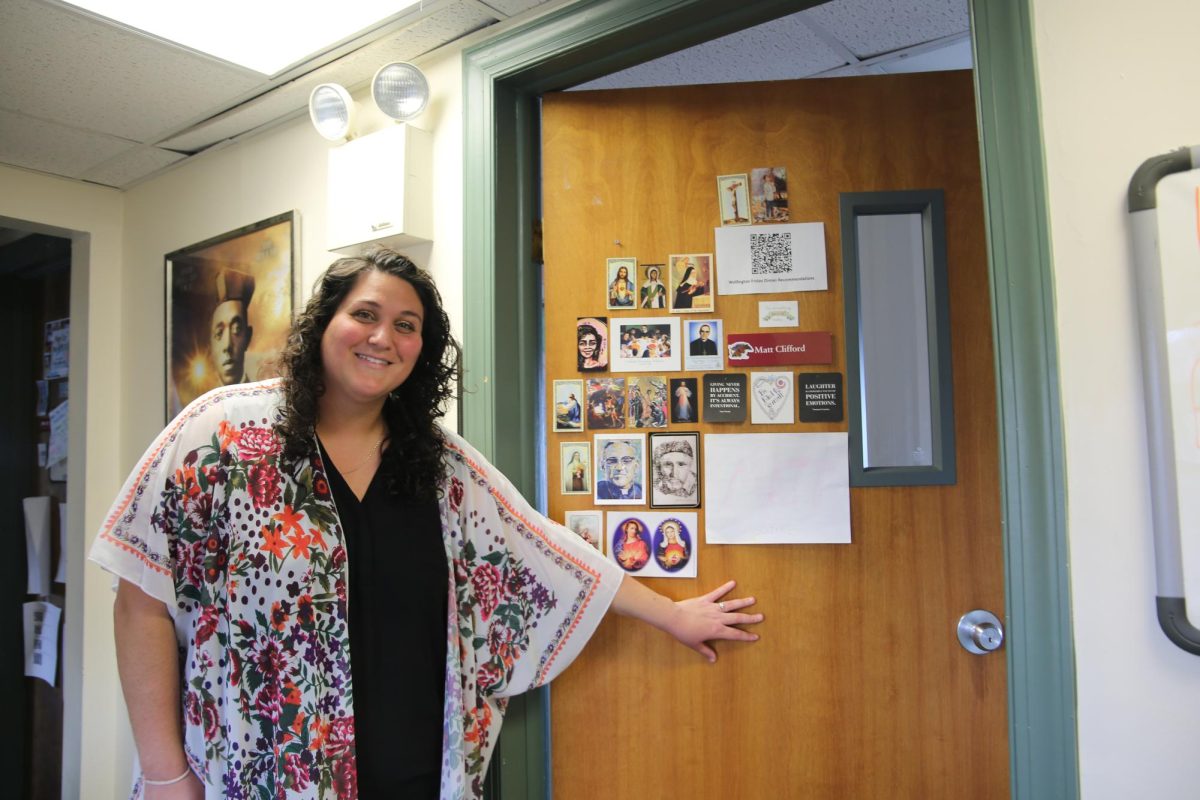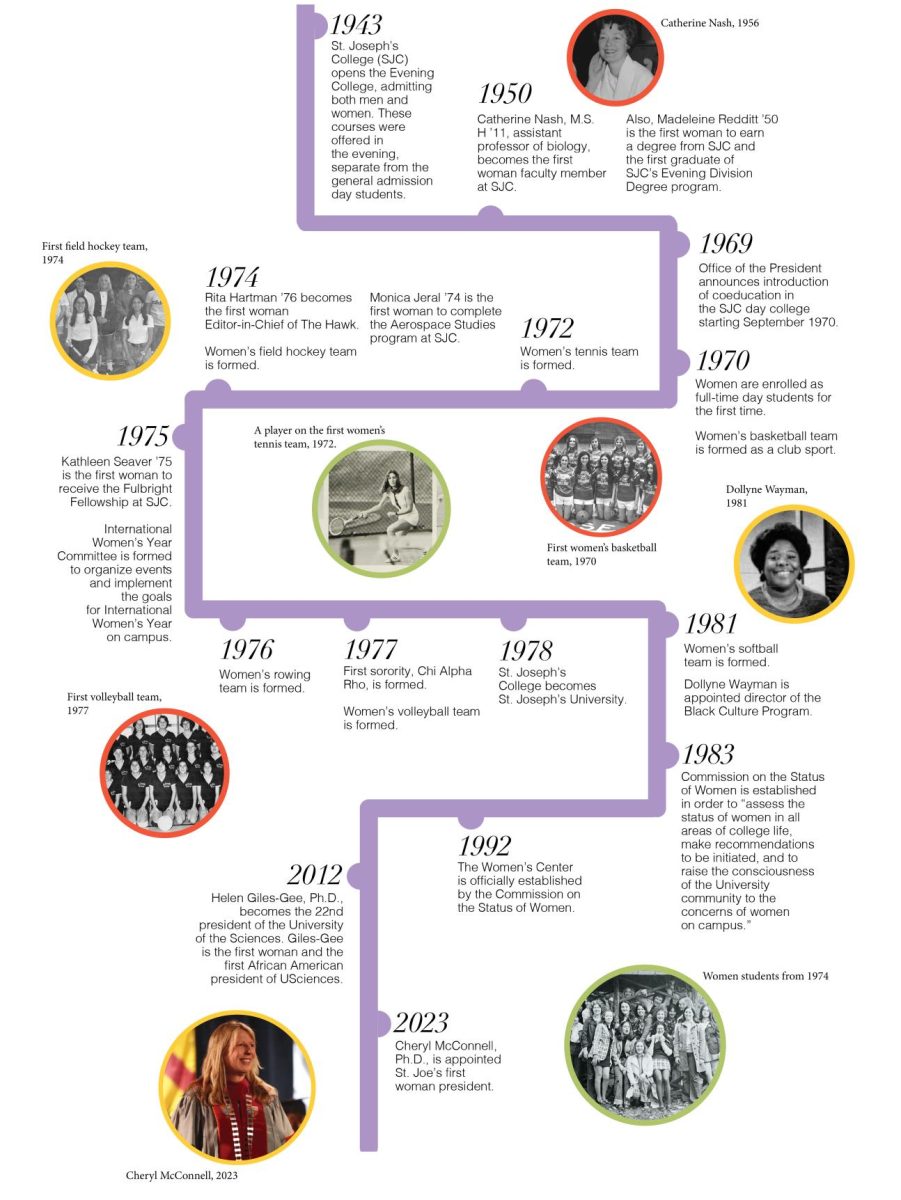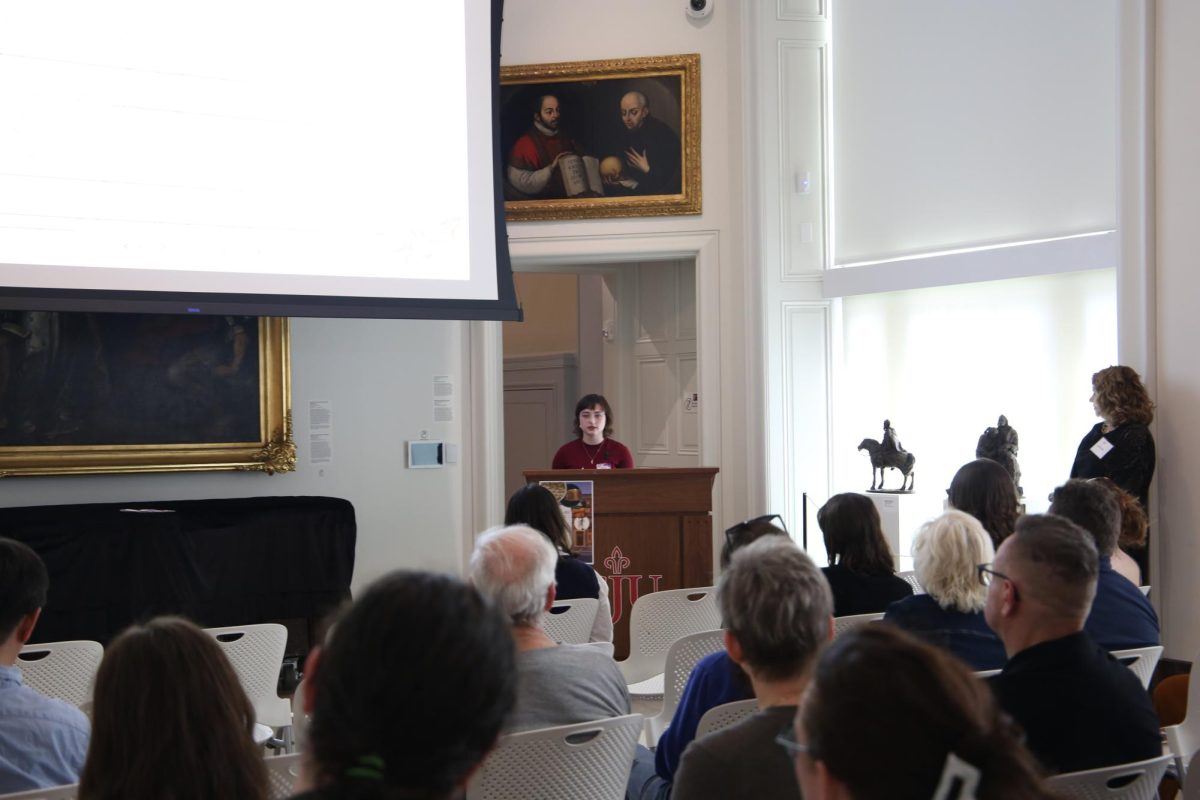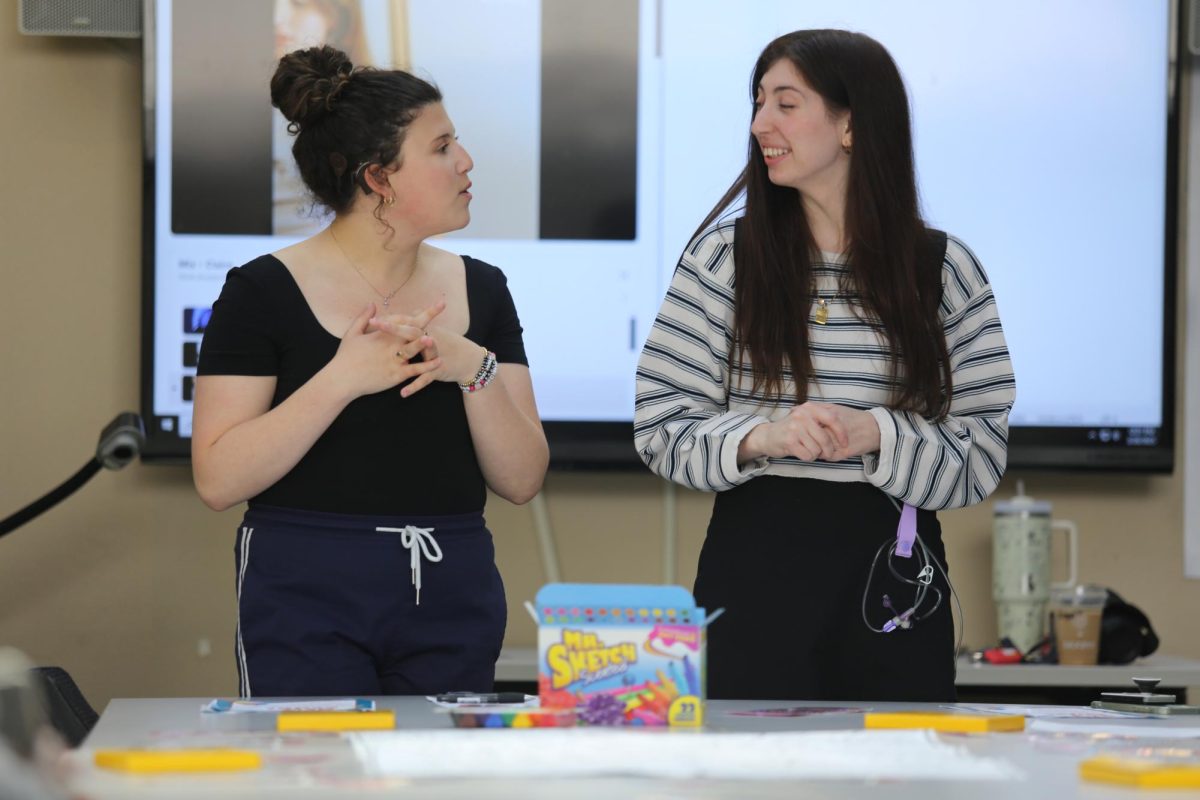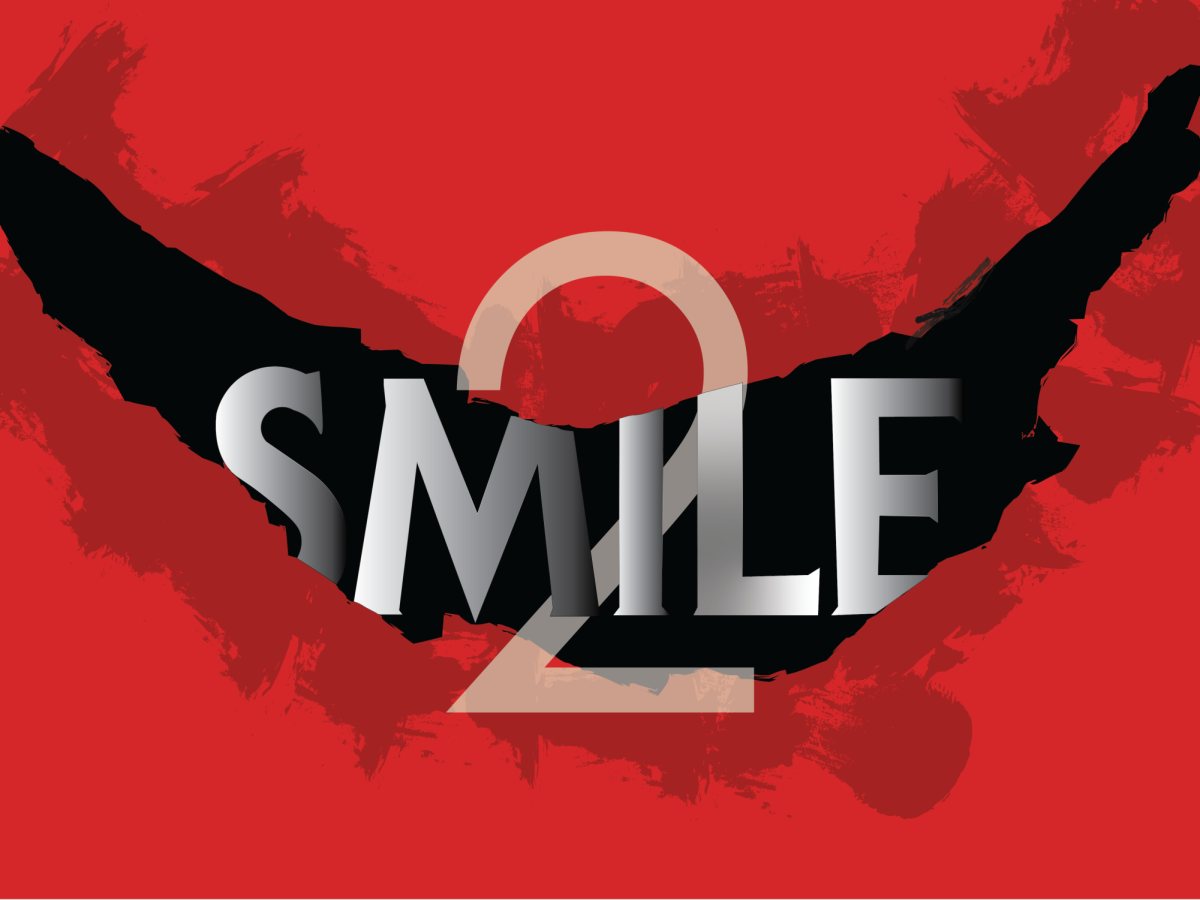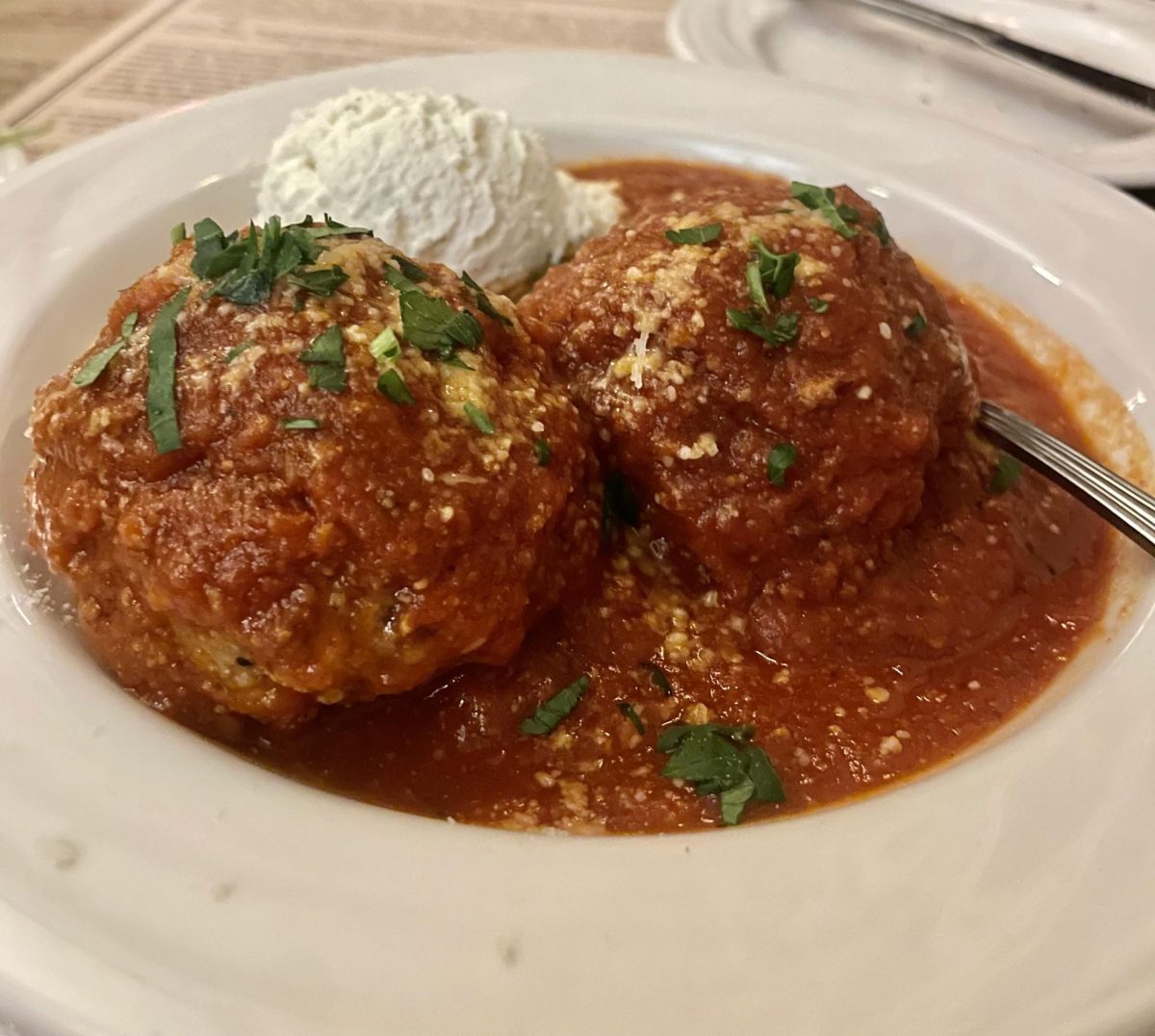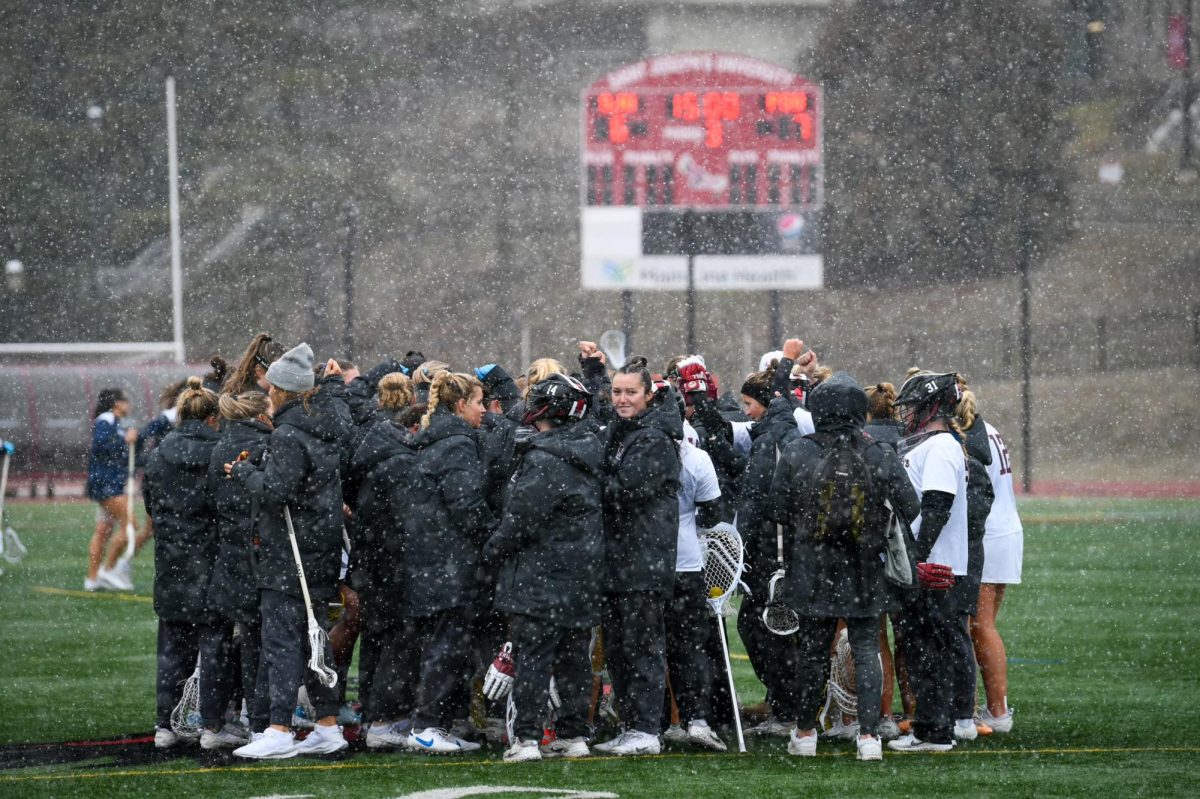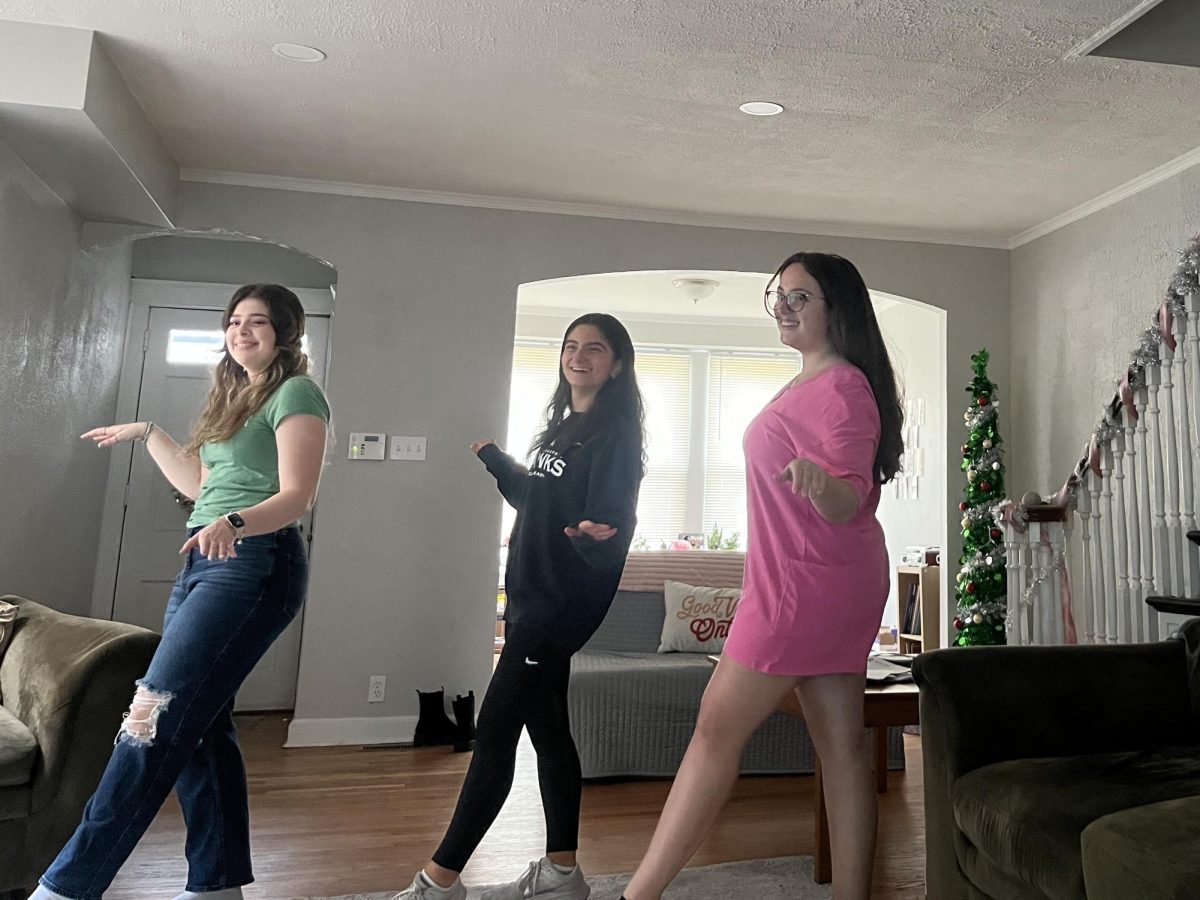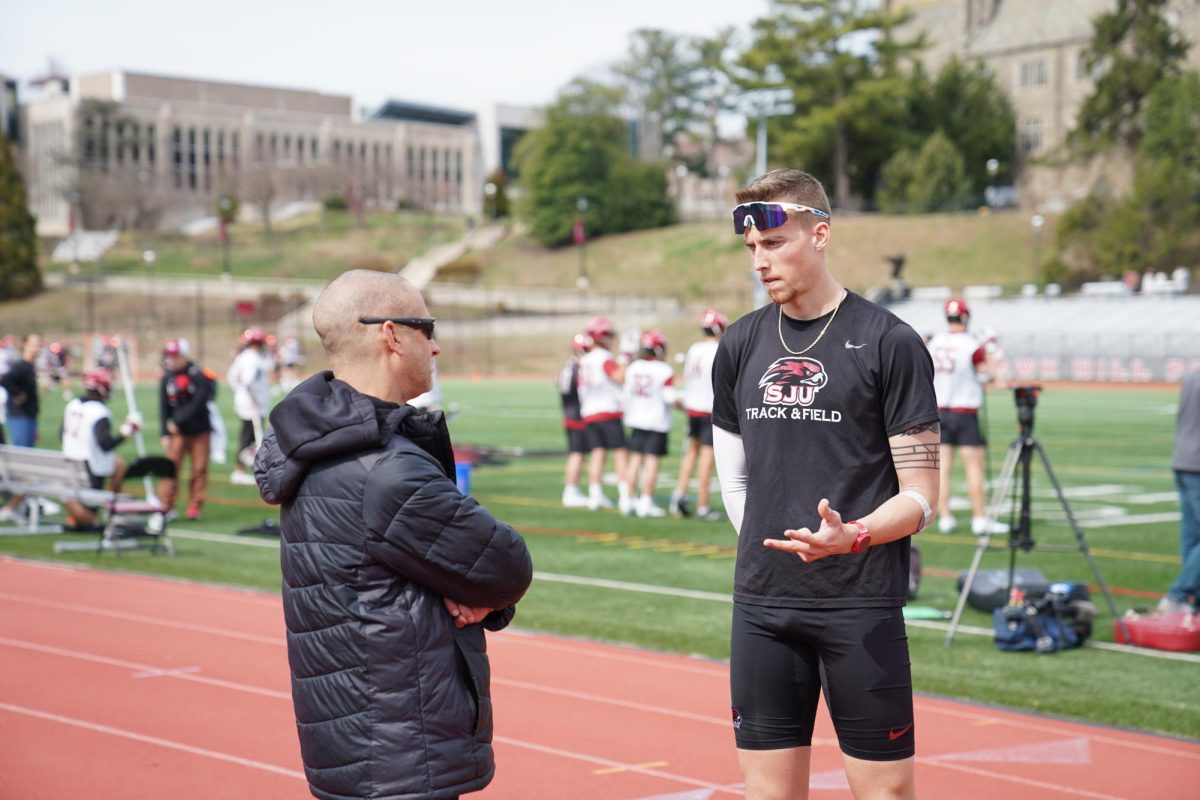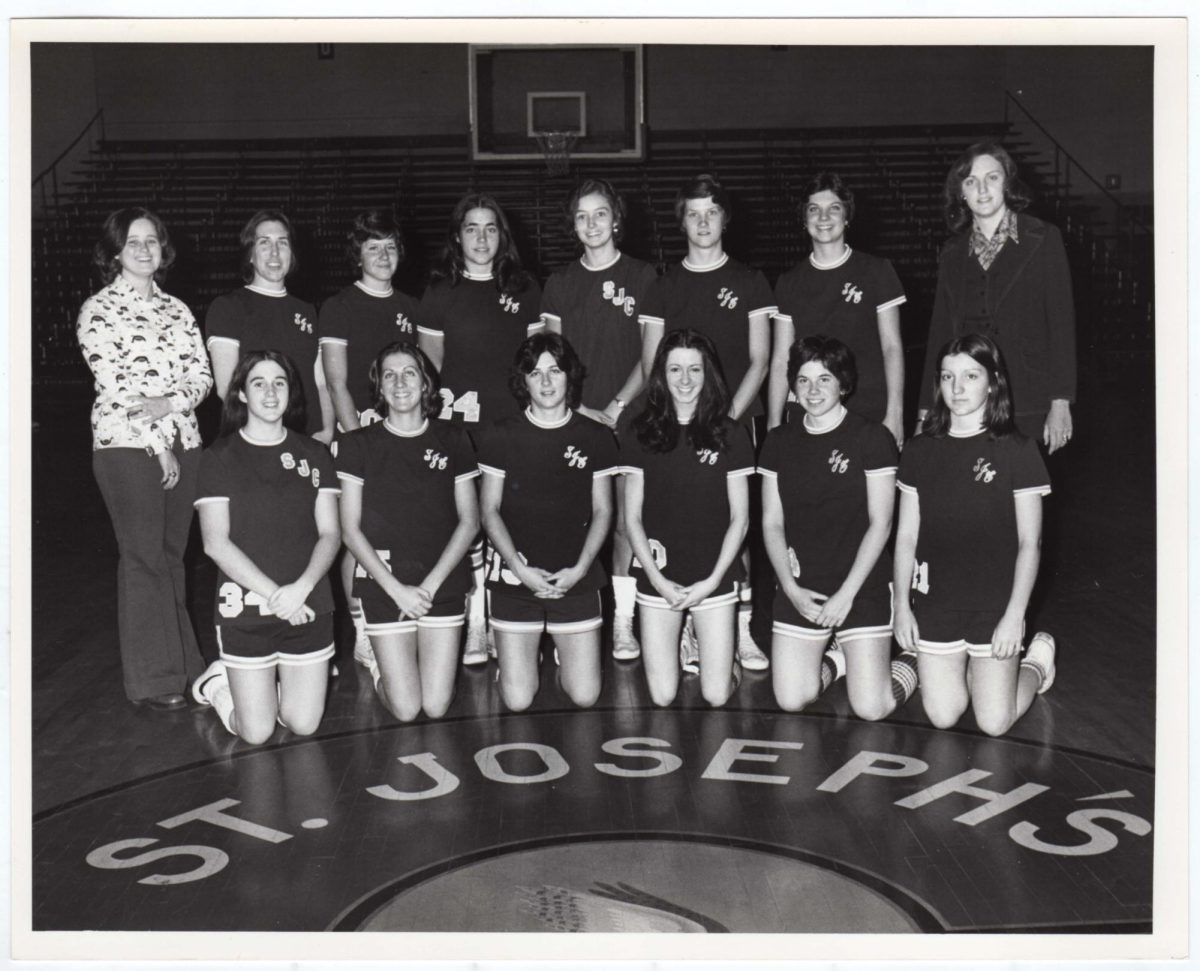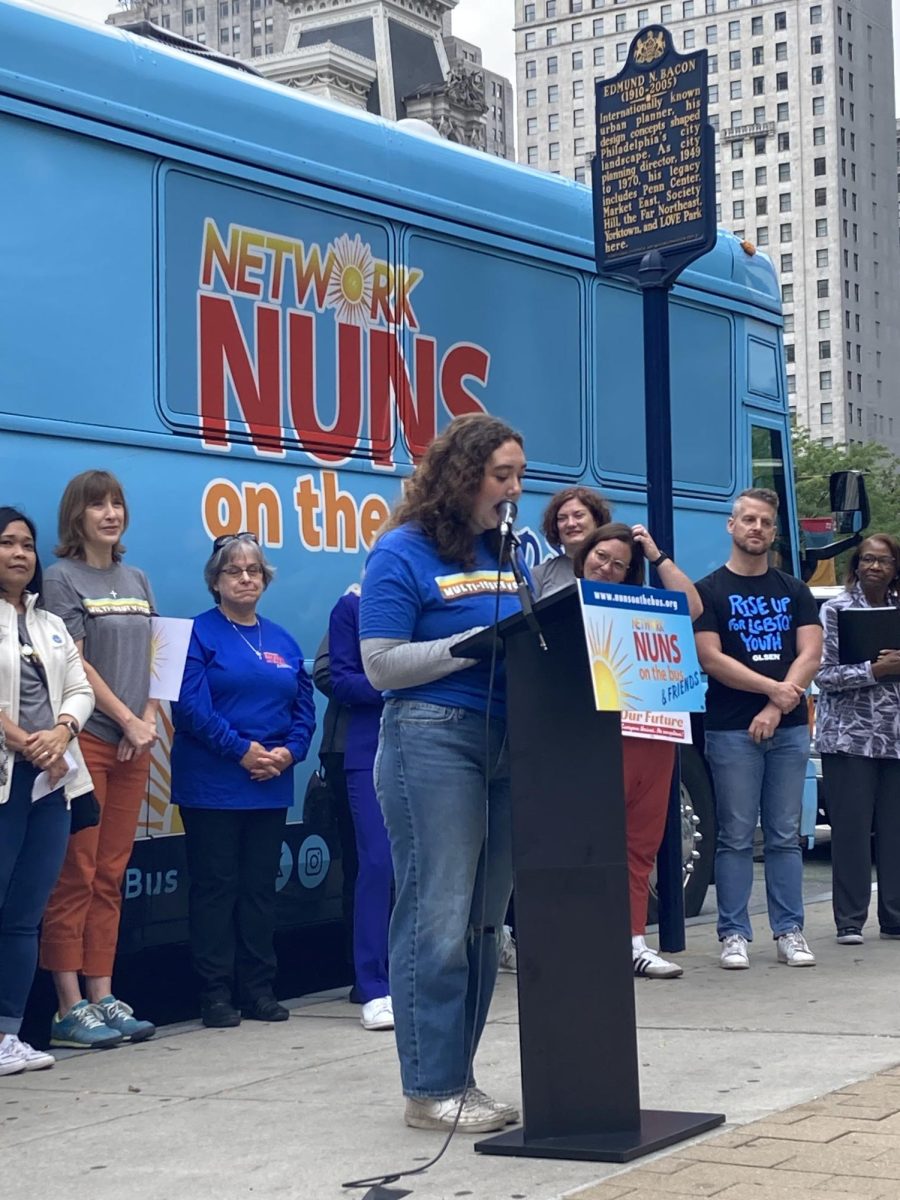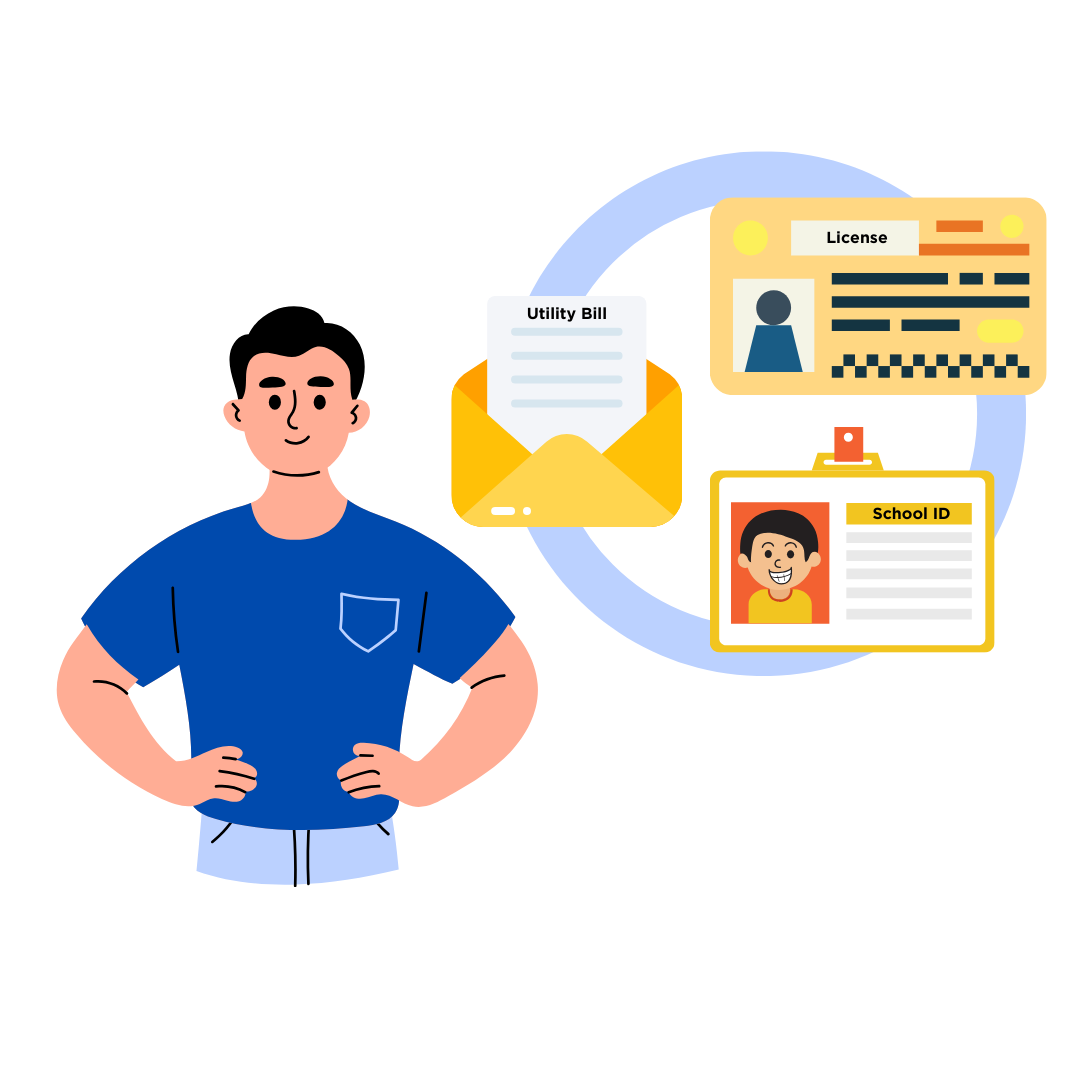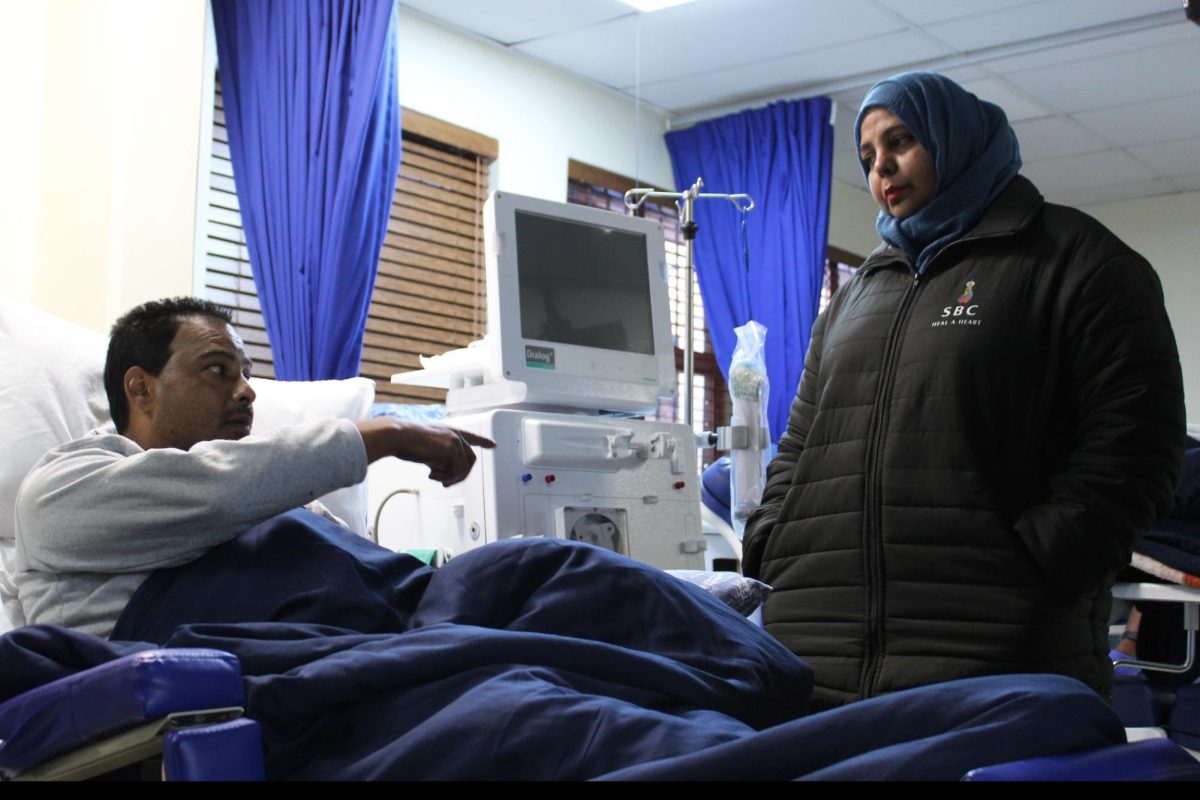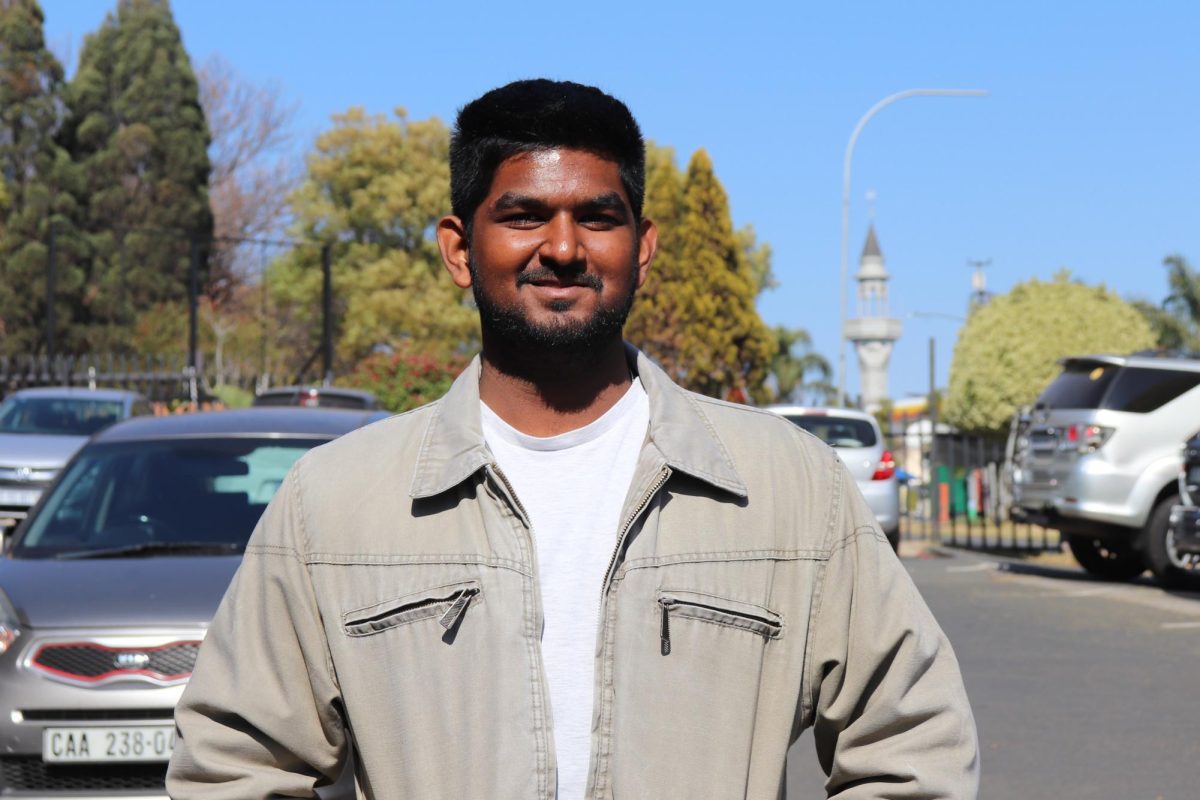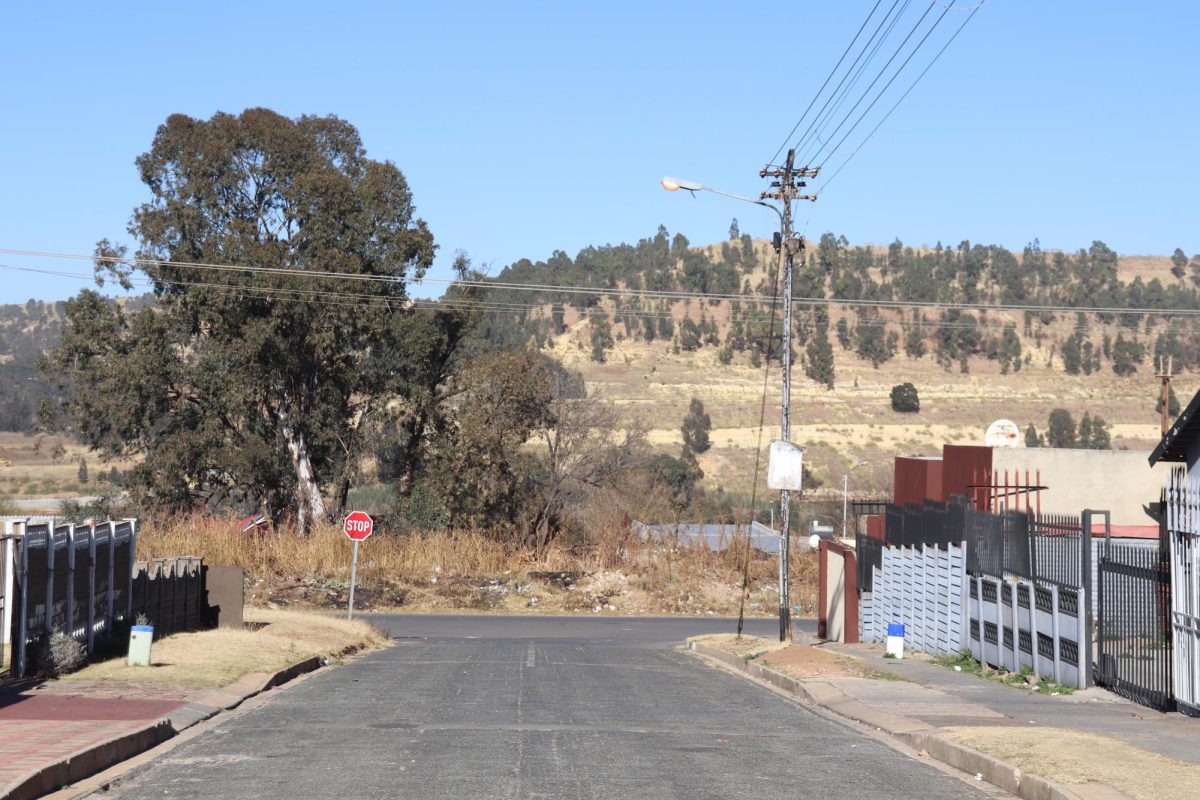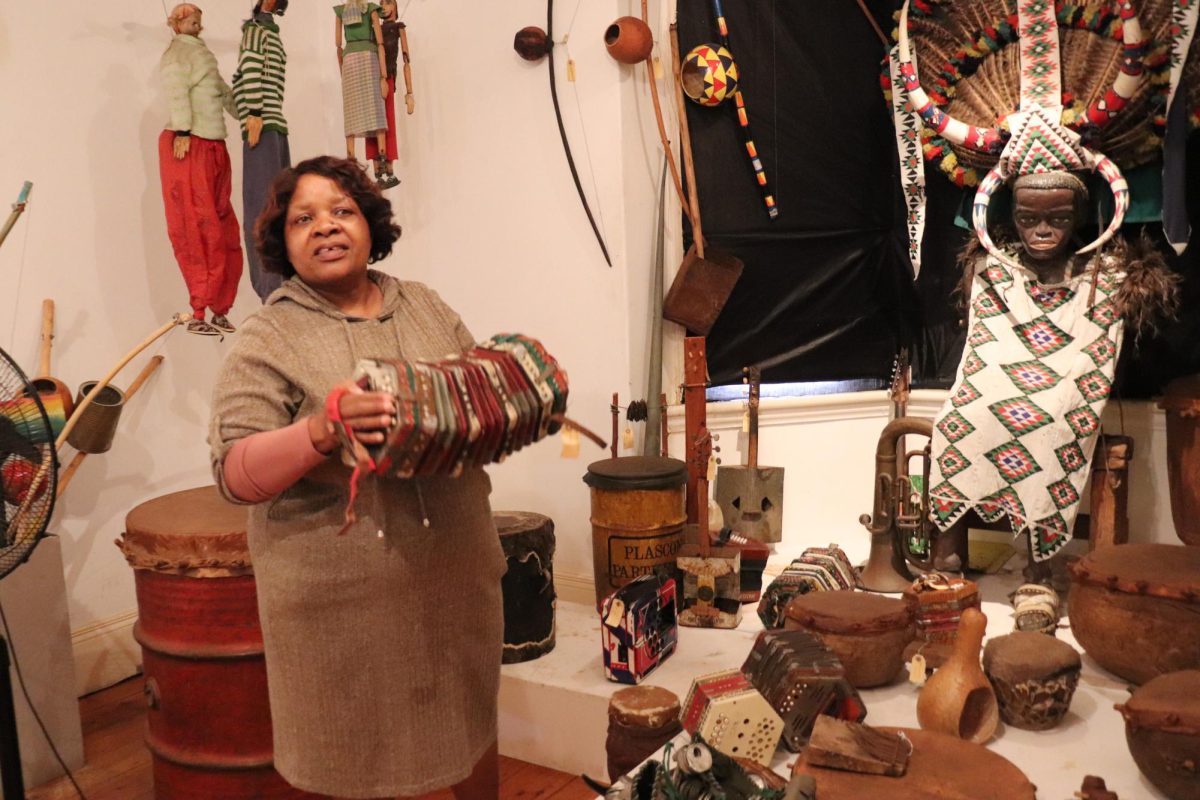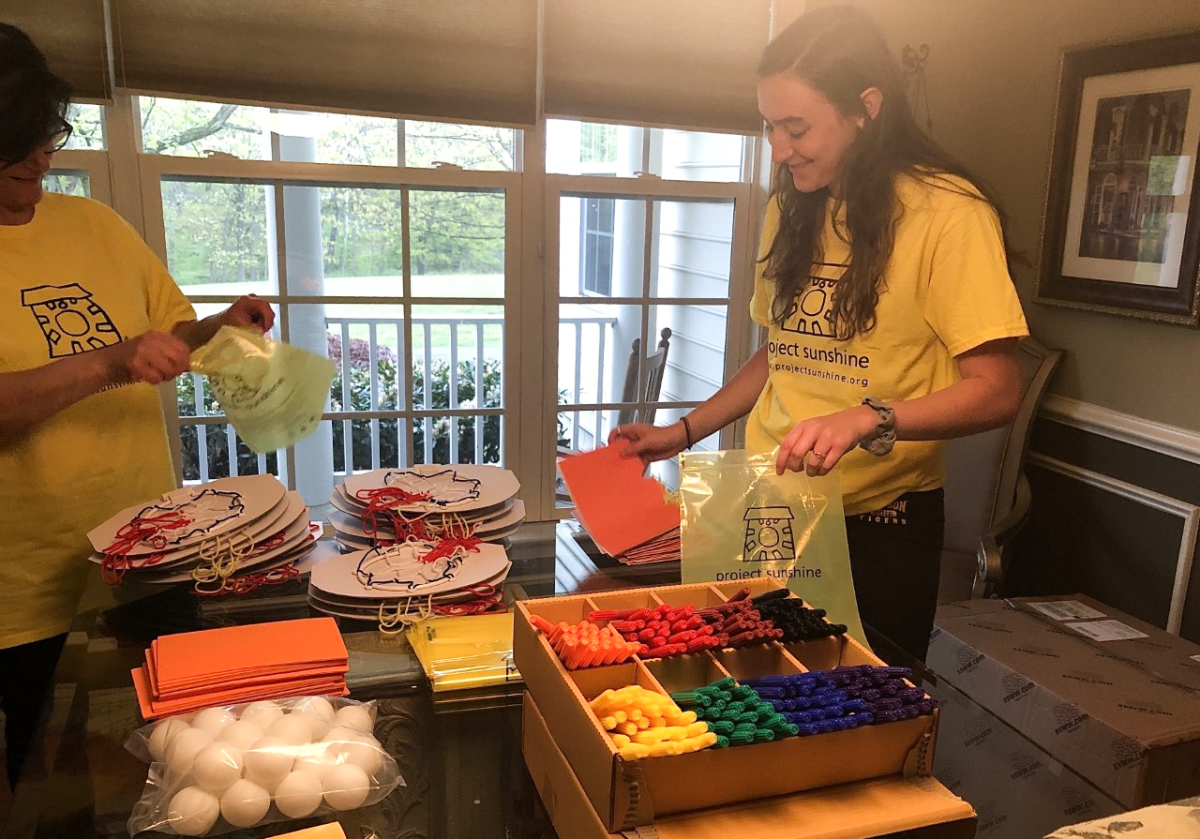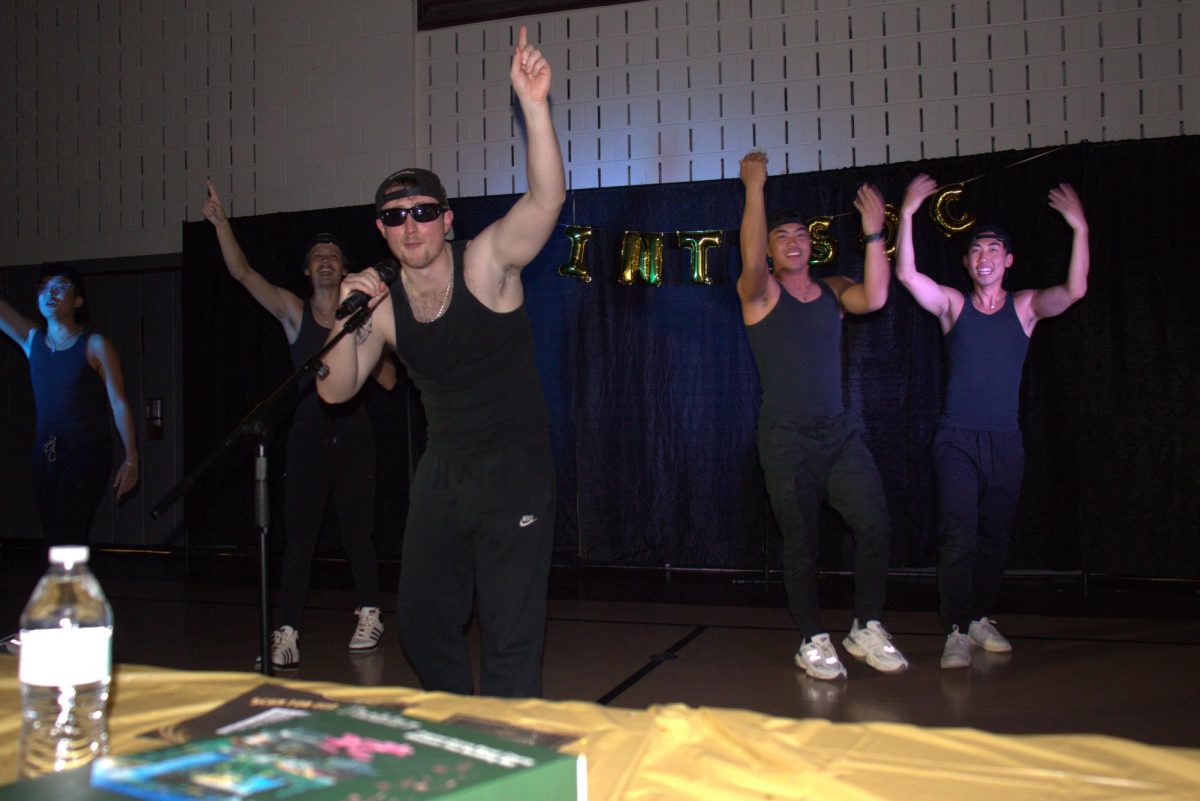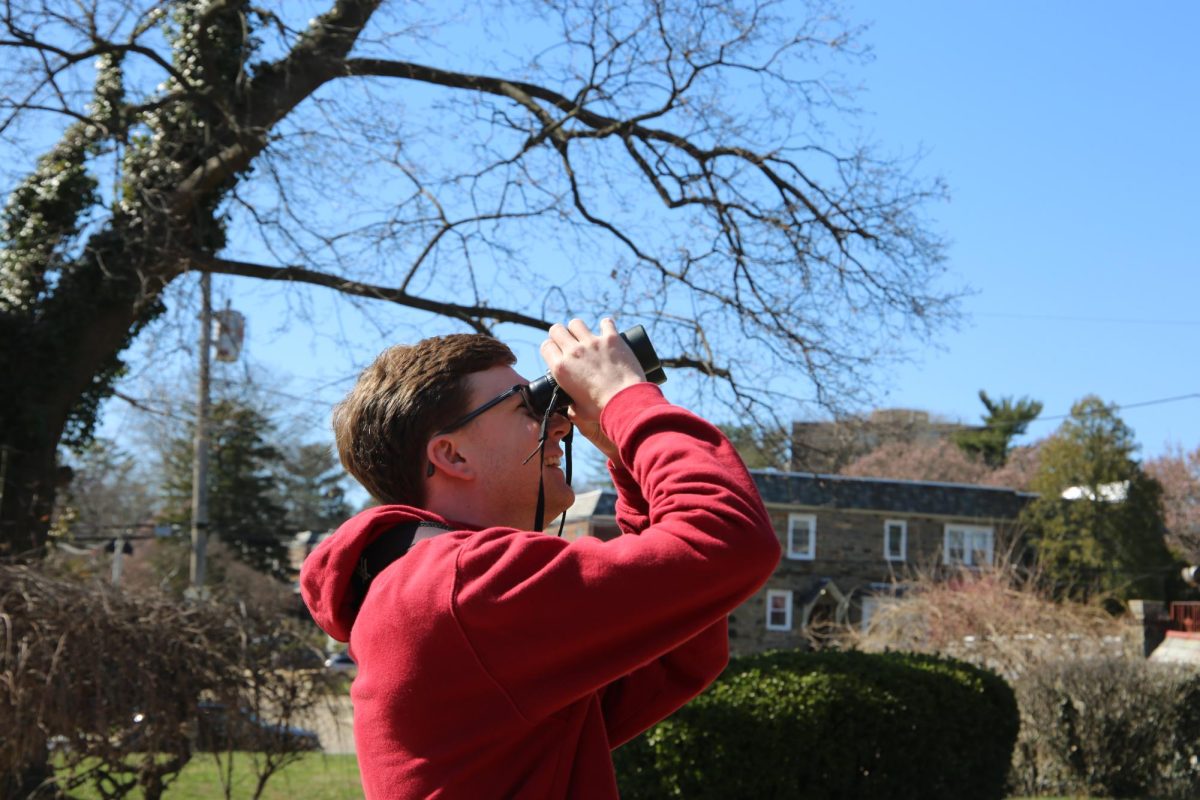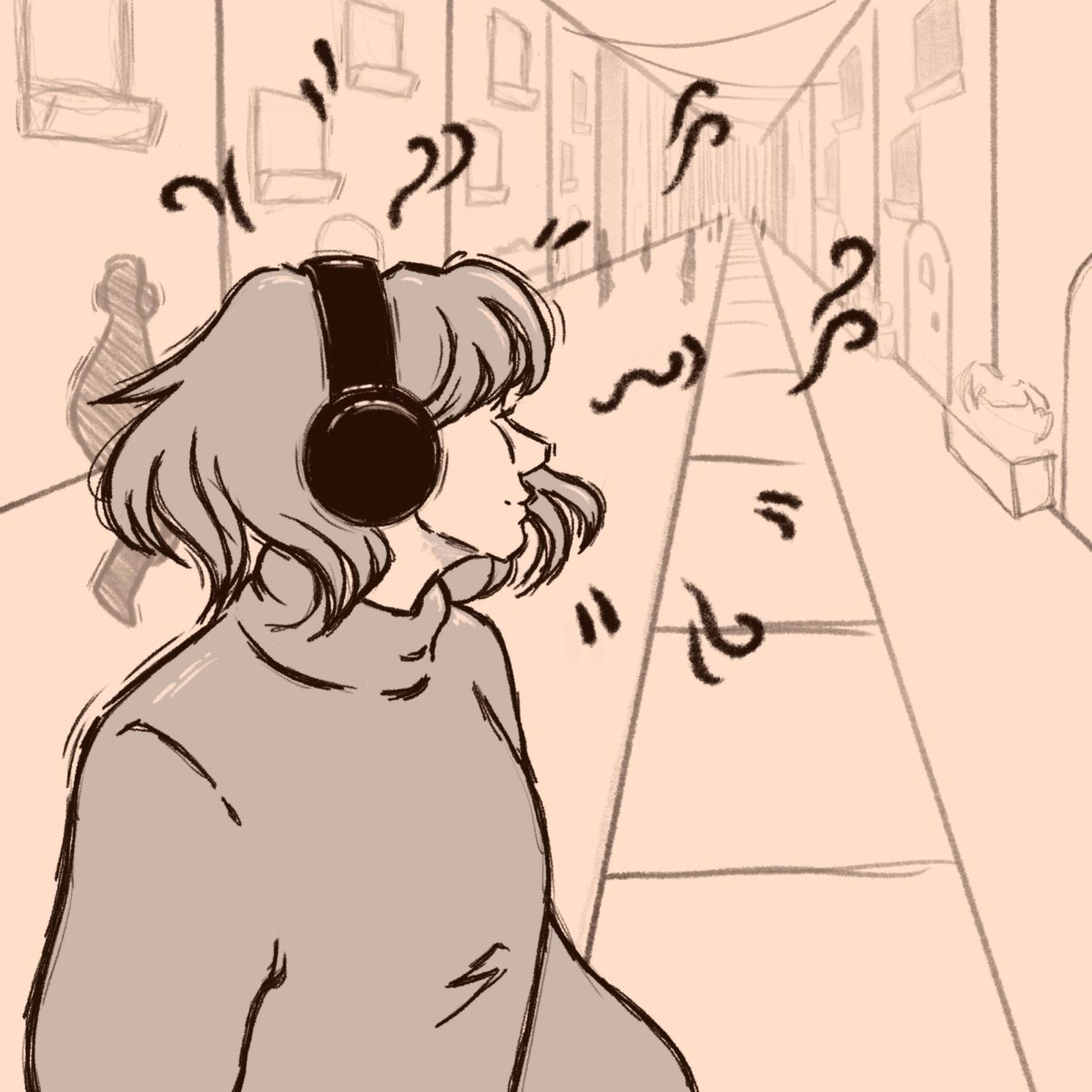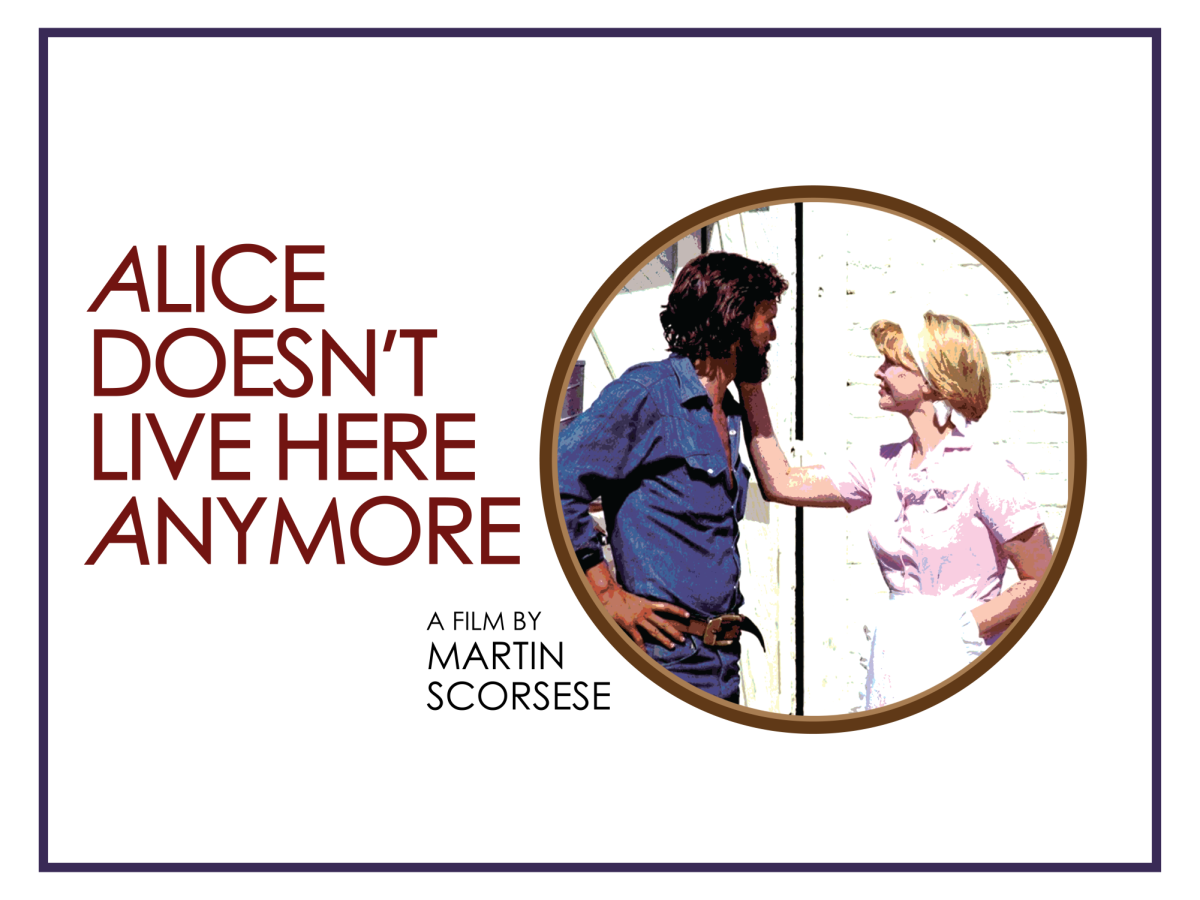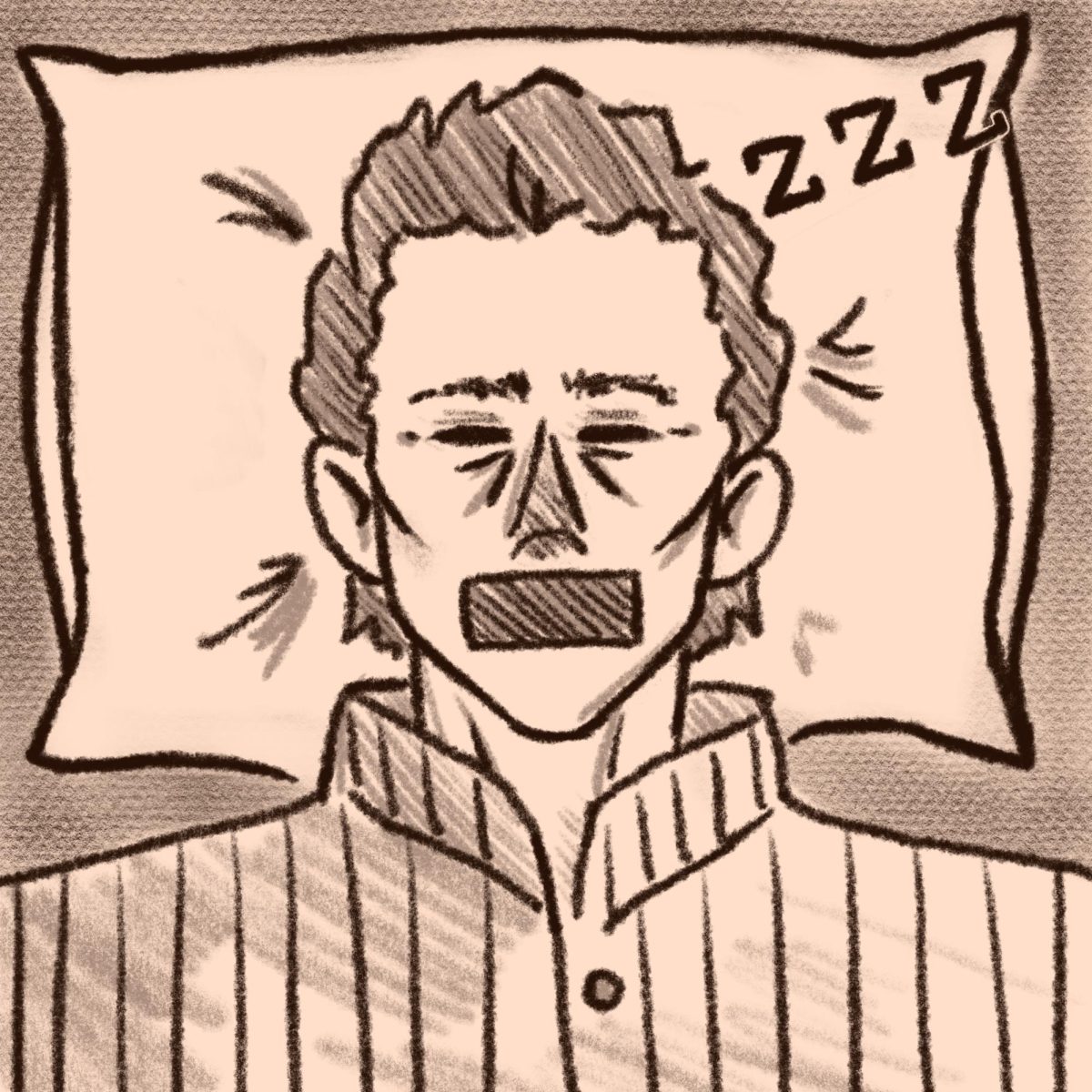Jordan Olenginski ’21 started the St. Joe’s chapter of Project Sunshine in fall 2019 to help make the lives of hospitalized children “a little happier, a little brighter.”
Project Sunshine is an organization that partners with medical facilities across the U.S. Volunteers engage with children that are hospitalized through creative, recreational and educational programs. The purpose of these activities, most popularly the arts and crafts programs, are to encourage self-expression and imagination.
Chapter Leader Olenginski and the other volunteers of the St. Joe’s chapter normally visit the children at Pediatric Specialty Care at Philadelphia, 15 minutes from campus. But since the coronavirus pandemic hit, it has been difficult for them to give the children the support they need.
“When COVID[-19] hit, obviously we weren’t allowed to go in [Pediatric Specialty Care], only essential personnel, which makes sense since they’re a very vulnerable population,” Olenginski said. “So, we haven’t been able to be there since March. They’ve been really isolated.”
Children who are hospitalized at this time are experiencing increased isolation and emotional distress, as they can’t have visitors other than one caregiver, and interaction with other patients is not permitted, according to the organization’s website.
Even though they can’t be there in person, Project Sunshine has made an effort on a national level to connect with children virtually by launching TelePlay, a program that brings together small groups of patients and trained volunteers by video conference to engage in stress-reducing play and activities that mirror the typical in-hospital play experience.
The St. Joe’s chapter intended to initiate their TelePlay program on Oct. 29, but Olenginski said they have been experiencing some “hiccups.”
“We didn’t have [any patients] sign up for our session [on Oct. 29],” Olenginski wrote in an email to The Hawk. “The organization is trying to advertise it a little better before we schedule another session.”
Additionally, Olenginski said that Pediatric Specialty Care does not have the funds to provide iPads for every child patient to join TelePlay, but Project Sunshine is working with the hospital to provide them with this technology.
“Since Pediatric Specialty Care does not have the technology to do it right now, we’re actually doing national TelePlay,” Olenginski said. “So we’re holding virtual sessions, and any kid from any hospital in the world could join our session. That’s how it’s going to work for a few weeks until we get Pediatric Specialty Care devices to join with us.”
Besides a lack of technology, another barrier posed is the consent needed by the children’s parents or guardians.
“If they don’t have that paper signed, they can’t join the session, even if they signed up [for TelePlay], which kind of stinks,” Olenginski said. “If their parent or guardian isn’t in the room with them, they can’t join.”
For the first few sessions of TelePlay, only executive board members of the St. Joe’s chapter will volunteer to not only gather tips for their general volunteer base, but to also properly train them on the Health Insurance Portability and Accountability Act (HIPAA) in place, according to Olenginski.
“I’m just training the [St. Joe’s] volunteers if a nurse comes in to do a treatment for a kid, we have the capability to turn their video off,” Olenginski said. “So protecting their privacy, because there’s going to be other kids on the call, so we need to be respectful, mute them if a nurse is in the room talking about their treatment and talking about their illness.”
In the meantime, the St. Joe’s chapter is working on assembling activity kits to be distributed to hospitalized children. Clare Monte ’22, communications director of Project Sunshine, doubled as a sending sunshine volunteer in March.
“A box was sent to me with materials for 100 kits,” Monte said. “There are certain things that I had to put together and then make sure all the materials were in the bag. And then I sent the boxes back to Project Sunshine, and they distributed them to hospitals.”
Teagan McCarthy ’22, a sending sunshine volunteer, also assembled 100 basketball themed activity kits with her mom during quarantine. She said these activity kits are, now more than ever, important for the children to receive under the isolating circumstances brought on by the pandemic.
“Usually Project Sunshine will be direct service events, where we’ll go into the hospital and stay with the kids and do these activity kits with them,” McCarthy said. “But because we haven’t been able to do that, sending these is a big thing in their lives that brings happiness. So we’re hoping at least giving them the activity kits can bring some joy into their lives while they’re going through whatever they’re going through.”
Although it does not compare to the in-person experience, Olenginski is hopeful that the TelePlay and activity kit efforts will keep hospitalized children engaged and entertained during this isolating time.
“I know it’s not going to be as amazing as it is in person, but it’s still something they can look forward to, because they really are very isolated, more isolated than they’ve ever been,” Olenginski said.



